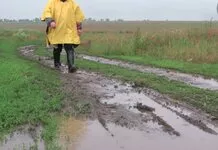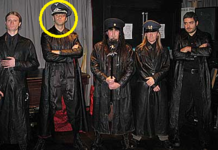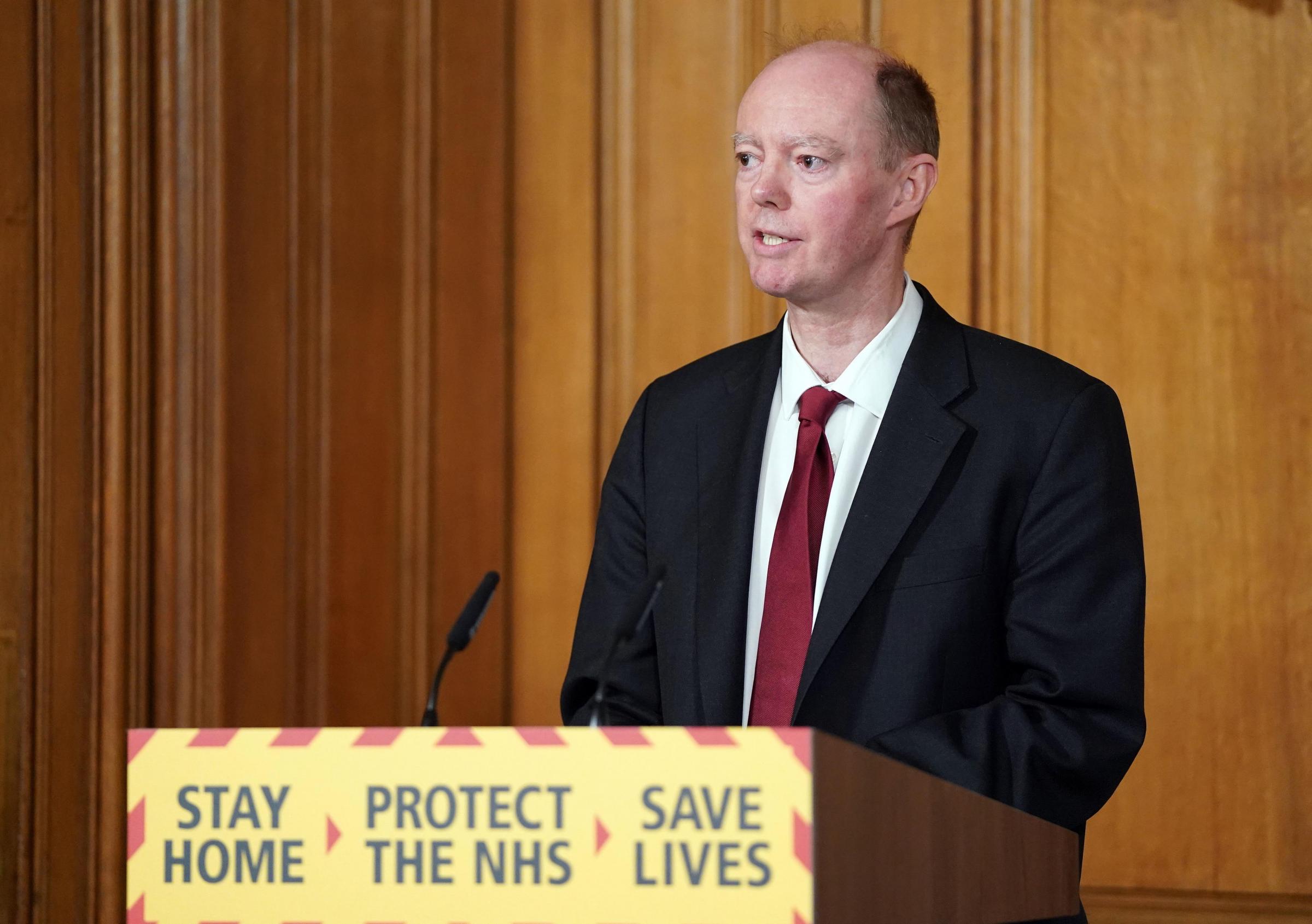In proposals aimed to meet the agricultural sector’s labour needs post Brexit universities will be allowed to charge up to £4K a year for courses in fruit picking.
The exciting change to higher education is aimed to ensure that discouraging EU migrant workers to come to Britain will be offset by an exciting array of opportunities for indigenous British children who may otherwise have wasted their time studying engineering or medicine at universities across England.
The Rochdale Herald’s Brexit Education correspondent spoke to a spokesman from the Dept for Lowering Education to get all the details on the forward thinking change.
“Some of the money loaned for the courses will only attract interest rates pegged to inflation.” Mr Rob Ott reassured. “The rest will be charged on a scale sliding up to payday loan levels, so perfectly normal in a thriving and industrialised economy that aims to be a global superpower.”
It’s believed inspiration for the energetic expansion to higher education courses came from studying the lengthy period when Britain was a global superpower.
“Most of the population were farm workers then.” Mr Rob waxed. “So it makes sense that most of the population is retrained to that end as soon as possible as we prepare global britain for Brexit.”
Critics have been quick to point out that theft of crops maybe a serious drain on output, as the wages expected to be offered will only allow for payment of rented accommodation in ageing caravans in the middle of fields far from amenities and the interest charged on the loans.
“We’ve thought of that.” Mr Ott explained. “We’ll shortly be outsourcing manual labour technician supervision to specialists in workforce observation from G4S. So students really have a vibrant choice of what level they want to enter the sector at. I call it a ‘pick ’em or beat ’em’ opportunity.”
Courses will open to students leaving secondary education from next year and demand is anticipated to be exciting.
The name given to the policy is “Dig for Britain” as that is felt to hold sufficient nostalgia appeal to get all Brexiters behind the scheme, and they’re the only ones that matter to parliament anymore.



































